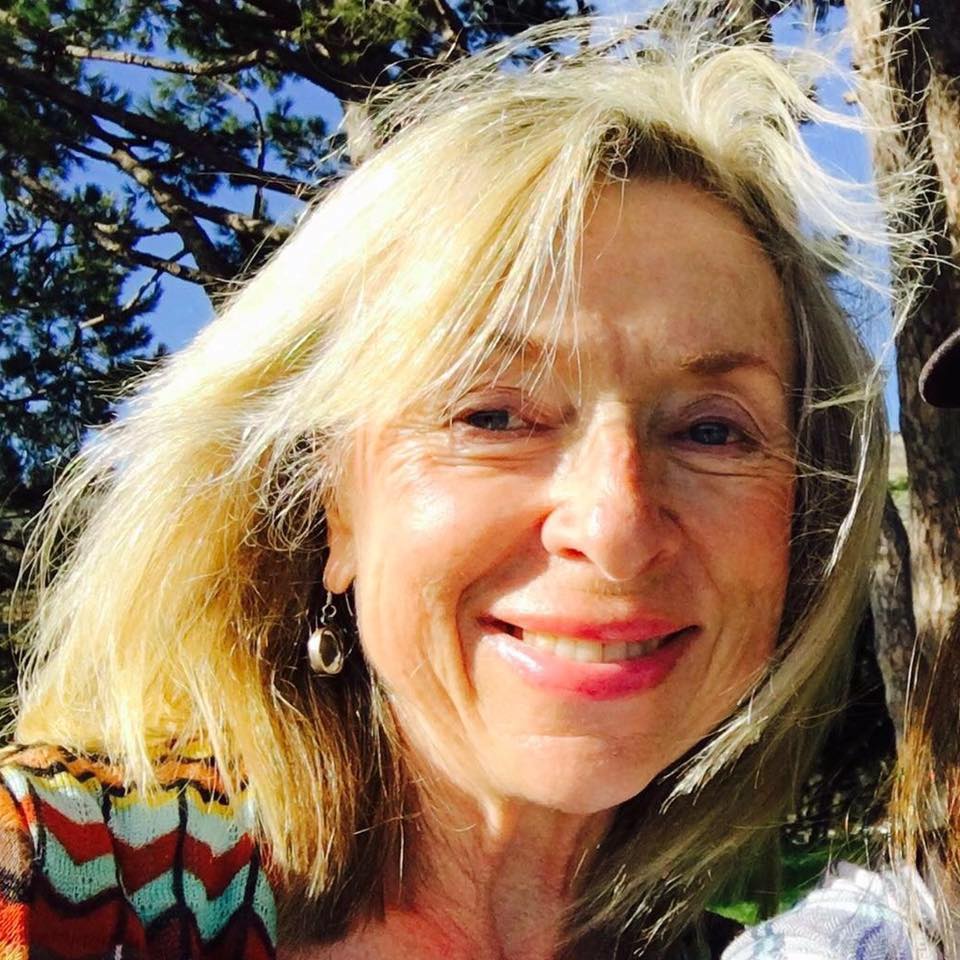
On 9/11 many children attending school in lower Manhattan witnessed planes flying into the Twin Towers and the aftermath. A number of those children were severely traumatized, experiencing nightmares and physical symptoms following the attack. Their whole world and sense of safety were shaken by what they saw.
Psychologist Dr. Cathy Malchiodi, describes how art therapy helped them to express in drawings what they couldn’t express in words. Initially the children drew pictures of planes crashing into the towers, flames, and bodies falling from the sky. The children who resolved their trauma the quickest, however, were the ones who also drew ambulances and police and doctors and nurses and firefighters. They described the disaster and also drew the heroes. Drawing helpers helped them heal.
The CDC reports that since 2014, the US annual life expectancy has been declining and the key contributors are drug overdose and suicide. In other words, people are literally dying of despair.
As children we learned to act in ways that ensured our survival. If we had healthy, nurturing interactions with most people, we grew up believing the world is mostly safe, we are mostly okay, and we usually get out of life what we put into it.
If, on the other hand, we came to believe that we are flawed in some way or our caretakers were unpredictable, we might become disconnected from ourselves and others, and look for relief however and wherever we can find it. This can show up as anxiety, depression, trouble getting along with others, underachievement, overachievement, and every kind of addiction.
Self-compassion and compassion for others is the beginning of relief. We can consider the possibility that we’re all flawed in some way and that we’re doing the best we can. And to paraphrase Maya Angelou, “When we know better, we do better.” This does not excuse bad behavior. It puts the power and possibility for change back on ourselves. Even if we’ve been victimized in the past, we do not have to remain victims.
Self-compassion is considering that our coping mechanisms were learned as a way to cope. They were our survival strategies and they worked at the time. Every mind-numbing substance and activity can be a maladaptive way of helping us endure the unendurable. However, there are more effective solutions that do not interfere with our creativity, our relationships and our ability to live a life worth living.
Deep belly breathing is a natural way to calm anxiety and help with insomnia. Many of us don’t breathe deeply enough to activate our bodies’ natural calming chemicals and shallow breathing associated with a fight or flight response can actually increase anxiety. A breathing “buddy” can help to learn this technique. Find or borrow a stuffed animal. A small cooperative pet can also work and will probably make you laugh, always a good thing.
Lie down on the floor or a sofa and place the breathing “buddy” on your abdomen over your diaphragm. Breath in deeply enough to lift the “buddy” for a count of 4 seconds, hold for 4 seconds and exhale for a count of 8 seconds. Repeat this exercise 5 times and do it as often as you need to during the day or in bed at night. You can’t overdose on your body’s calming chemicals. Once you get the hang of breathing deeply into the diaphragm, you can do this anywhere at any time, no one will notice, and in 20 minutes you will feel calmer. Teach this to your kids and practice it together for calming family fun.
Reclaiming even the smallest bit of control over our health and well-being and choosing an empowering coping mechanism over a disempowering one can help us enjoy life more and endure even the most challenging times. Think of it as your personal first responder.
Alexandra Hinst is a therapist in private practice in West Highlands. Visit https://www.facebook.com/alexandrahinst or email therapistalexhinst@gmail.com

I believe more people are realizing the need for self care especially in this era of COVID. That being said, we should be always aware.
You should ask Alexandra to do a continuing series IMHO.